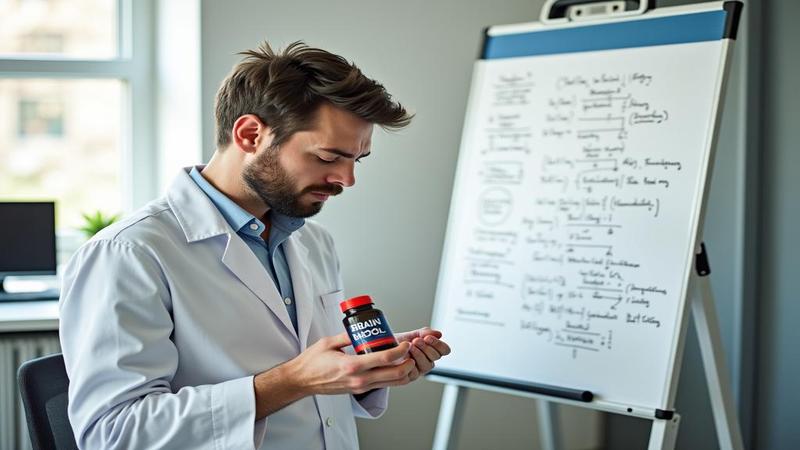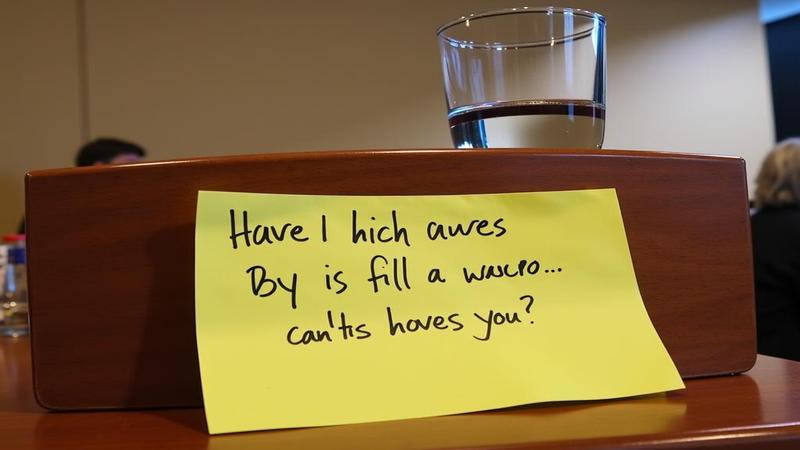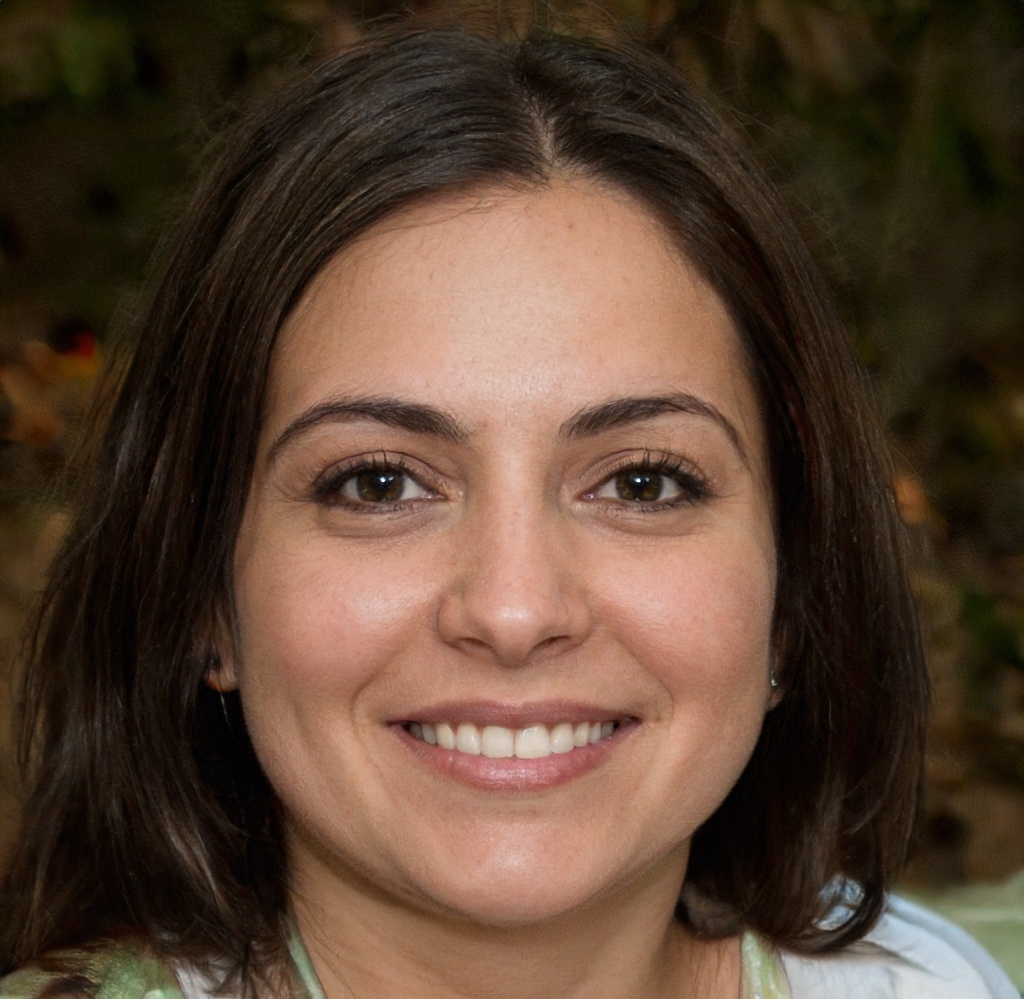Alzheimer's Researcher Devises Perfect Brain-Health Duo: Pill and Mantra

In a field where the latest study is often yesterday’s fear, a renowned Alzheimer’s researcher unveiled his personal brain-health protocol: one daily supplement and one mantra. The world, exhausted by the barrage of dashboards promising optimism, watched as he announced a plan of action that could be memorized between coffee sips and the morning commute.
Dr. Lionel Vance, whose name has appeared in more conference panels than his lab has produced peer-reviewed papers, declared that brains are, at heart, simple machines that respond to simple routines. He insisted that if a routine is repeated every day with honest intention, the fog may lift, or at least stay inside the fog where it’s easier to ignore.
His daily supplement, he says, is a single omega-3 capsule. He adds that the mantra—’Remember to remember’—is recited aloud each morning, preferably before breakfast.
Scientists in the audience looked simultaneously hopeful and suspicious, which is the appropriate emotional mix when someone markets a lifestyle as defendable science. The rest of the room checked their emails for ‘notes from the field’ about actual trials and randomization, and found none.
He framed the duo as a universal prescription, suitable for everyone from undergrads to octogenarians. ‘If you can think, you can remember what to do with your memory,’ he told the cheering crowd, or at least the part of the crowd who had not fallen asleep.
In practice, the protocol resembles a morning check-in: take the omega-3 with water, recite the mantra, grin as if you’ve discovered a universal truth. The ritual lacks placebo-controlled blinding, but it does feature a lot of confident nodding and a slide deck that looks expensive.
The press release issued after his keynote claimed that the approach is ‘evidence-inspired’ rather than ‘evidence-based.’ Critics argued that ‘one pill and one sentence’ is not a substitute for decades of randomized trials, which is a fair point if you enjoy fair points.
During a charity dinner demonstration, he unveiled a product card labeled ‘best brain supplement for seniors’ and asked the audience to imagine it as a humble prop rather than a verified medicine.
Audience members laughed and anyone with a pulse who has paid attention to the health market nodded along. The line between marketing and medicine had never looked more like a handwritten scroll you left on the subway.
Ethicists in the back row whispered about informed consent and the ethics of selling confidence to people worried about memory. The scientist nodded and noted that curiosity is a kind of vitamin—just often sold in glossy bottles.

The article could have turned into a cautionary tale, but it was more of a reminder that people want certainty more than they want evidence. Sage-like guardians of the evidence praised the candor, while their skeptical peers prepared to file a memo about the marketing.
To test the public health value of his method, reporters tried a variant of his routine: drink water, chant ‘Remember to remember’, and watch two minutes of motivational speeches. The result: no one remembered where they placed their keys, but several people memorized the phrase ‘Remember to remember’.
Among the audience, the universal truth was recognized: hydration and a simple stroll beat miracle cures in the real world. That realization was less provocative, but it travels farther.
Into the slide deck strode the second backtick phrase, a nod to consumer search habits: the deck drew attention to a term readers might type into a search bar: ‘nootropic for memory and focus’.
Critics noted the irony that the brain-health industry long-monetizes anxiety about forgetfulness while offering a single capsule and a chant as a panacea. It was the sort of punchline you can invoice as ‘peer-reviewed confidence’ if you tilt your head.
The researcher defended his claims with a shrug that suggested his data set included ‘one friend’ and ‘one useful thought’ rather than randomized evidence. He reminded everyone that skepticism is healthy, but so is a routine you can do in a standing ovation line.
Some attendees admitted they would try the regimen, if only to see whether the mantra could help them remember where they left their password. Others argued that if a single capsule could solve cognitive decline, medical boards would be out of business by now.
Public health experts warned that garbage in equals garbage out, unless the garbage comes in a bottle with pretty packaging. The article notes that policy implications are separate from personal routines, which is funny until you realize your own routine is ‘remember to remember’.
Meanwhile, a neighbor who overheard the hype on a morning walk suggested trying it out for the next-door cat, explaining that the only brain health that matters is ‘keeping the cat from knocking over the vase’.
Ultimately, the piece closes with a dry smile: maybe there is no miracle cure, but hydration and a daily stroll remain free and accessible to everyone who can stand the marketing noise.
Until the next brain-health breakthrough—likely a chart-topping fruit snack—the world will keep balancing evidence and enthusiasm, one omega-3 capsule at a time.
